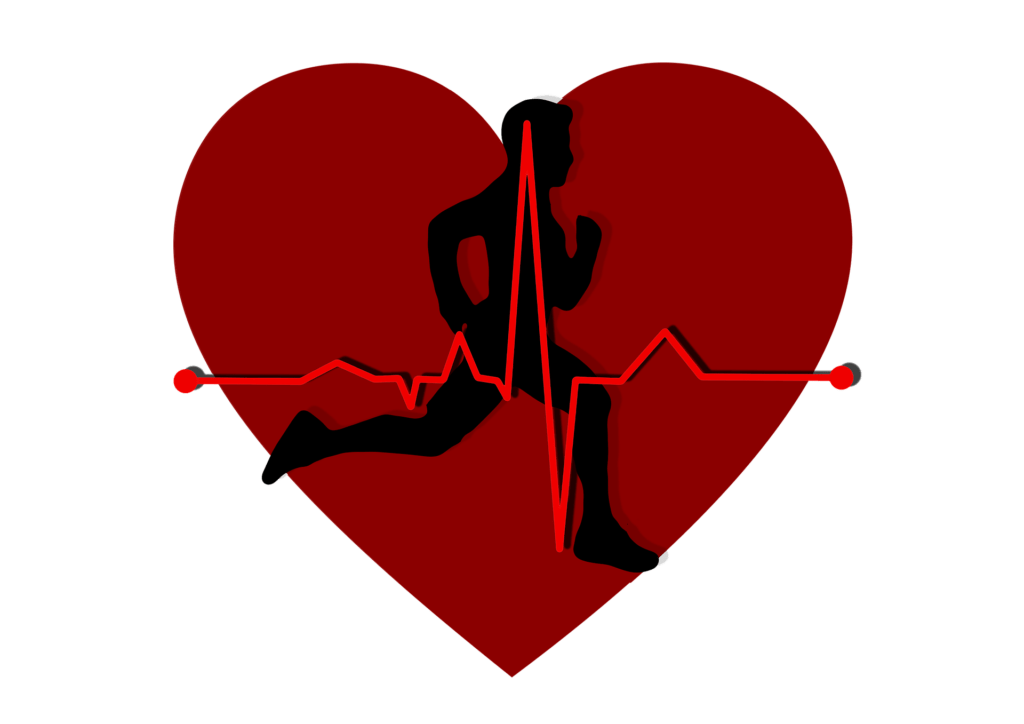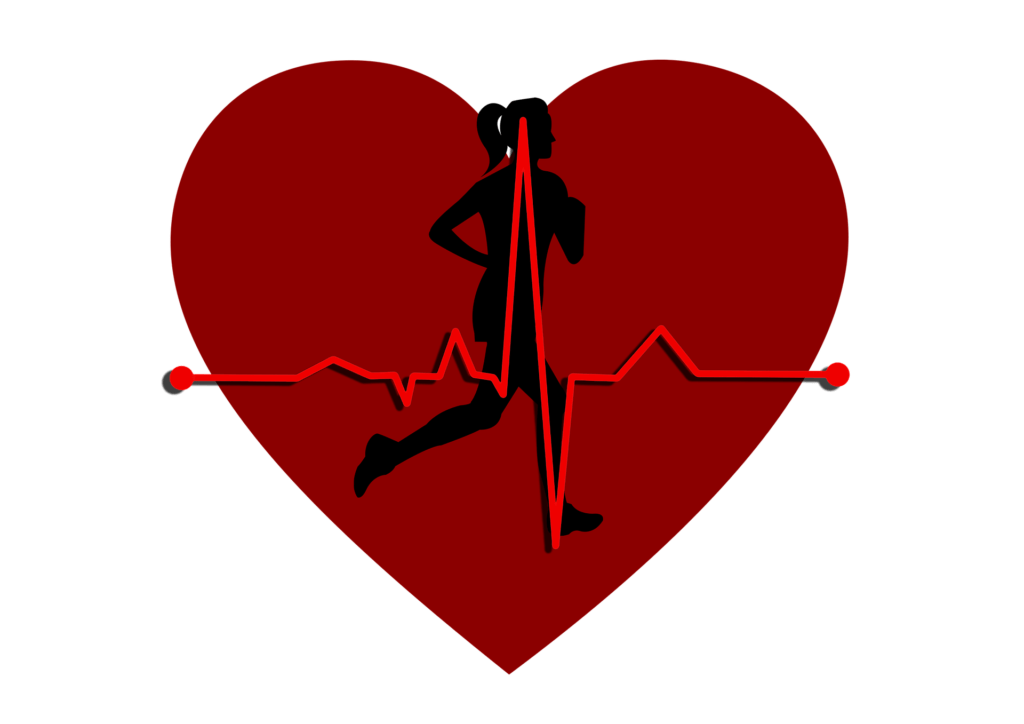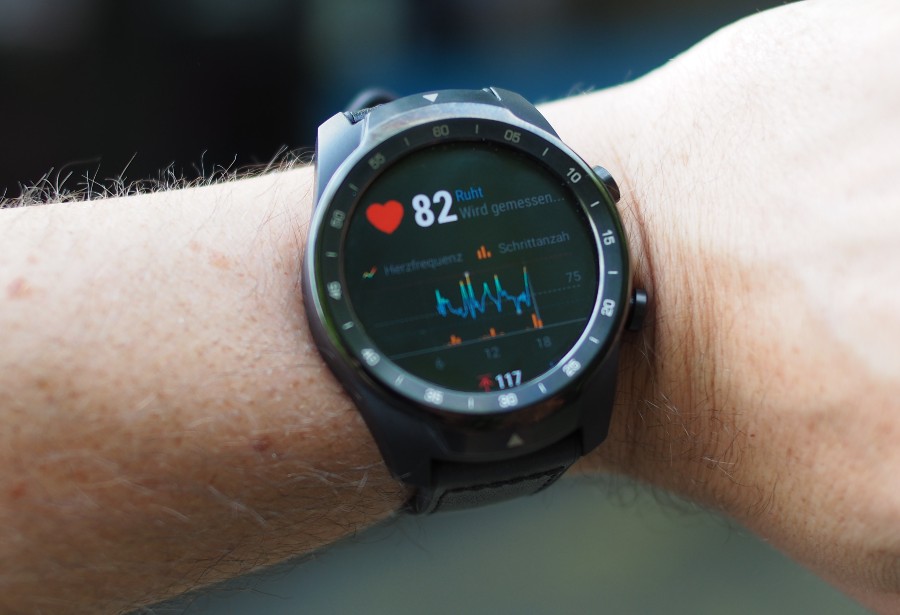Benefits of Heart Rate
Importance of exercise and the benefits of heart rate monitors
Regular exercise is the most dramatic adjustment that an individual can make to ensure good health, and the medical literature is replete with evidence of the benefits of physical activity on health and longevity.
Exercise improves all aspects of cardiovascular health. In particular, regular exercise (30 minutes, 3 to 4 times per week) results in lower blood pressure and increases in HDL cholesterol (good cholesterol) levels. In fact, exercise is the only effective method of increasing HDL cholesterol.

Equally important, regular exercise facilitates weight loss, and thus is an important strategy for prevention and treatment of diabetes. Exercise is also an effective method for making the cells of the body more sensitive to insulin, and this also is useful for individuals at risk for diabetes, or who have diabetes. Another important benefit of exercise is on mental health. Aerobic exercise results in a heightened sense of well being. Regular exercise has been shown to be as effective as some antidepressant medications in fighting depression. Many studies have documented the benefits of exercise and have proven that individuals who exercise regularly live longer and better.
|
|
Rehabilitation
Exercise is an important component of cardiac rehabilitation for patients who have had a heart attack. Patients of all ages should be encouraged to participate in supervised exercise programs as part of their medical care. All patients with heart conditions should review their exercise goals with their physician. Most likely, the physician will recommend a stress test prior to beginning an exercise program, and during the stress test, a safe target heart rate can be determined. This target heart rate is determined as a fraction of an individual’s maximal heart rate.

The maximal heart rate is estimated as 220 minus the age in years, or more accurately measured at the highest exercise intensity achieved on an exercise test. In patients with well-established coronary artery disease, there may be risks to exercising to a heart rate that exceeds the target heart rate recommended by the physician.
The heart rate monitor is the ideal solution for such individuals, since they can slow down the intensity of their exercise if their heart rate is too high. Some heart patients may be taking medications that cause a decrease in the heart rate. These patients should discuss with their doctors, the target heart rate for their exercise program, and they should not attempt to exceed this heart rate. The heart monitor is ideal for such patients.
 |
| Determine your maximum heart rate How to Get Started Before you start your exercise programs Setting up your workout |
 About Sally Edwards. For the past thirty years, Sally Edwards has been racing in the front of the pack in business, sports, and lifestyle training. She is the author of eight sports and nutrition books, including Heart Zone Training (1996) and the Heart Rate Monitor Book (1993) and has lectured worldwide on a broad range of topics including breaking through the barriers that keep us from our personal achievement. She resides in Sacramento, California, and lives the fitness lifestyle that she preaches. About Sally Edwards. For the past thirty years, Sally Edwards has been racing in the front of the pack in business, sports, and lifestyle training. She is the author of eight sports and nutrition books, including Heart Zone Training (1996) and the Heart Rate Monitor Book (1993) and has lectured worldwide on a broad range of topics including breaking through the barriers that keep us from our personal achievement. She resides in Sacramento, California, and lives the fitness lifestyle that she preaches. |









I have found that exercise has been effective in fighting my depression. The benefits I get from exercise are amazing.